The Soulstealers, Jacqueline Rohrbach
 Rating: 4 Stars
Rating: 4 Stars
Publisher: NineStar Press
Genre: Fantasy
Tags: YA, Genre Fiction, QUILTBAG/LGBTQIA, Magic, Dark Elements
Length: 365 Pages
Reviewer: Karen
Purchase At: amazon, NineStar Press
Synopsis:
Arnaka Skytree grew up believing she was chosen to bring new magic to the world. As the heir to the cult of druids responsible for keeping their floating palace habitable for the wealthy aristocracy, she’s expected to wield her power as those before her did: by culling the souls of peasant women.
But when Arnaka learns more about the source of her magic, and that her best friend’s soul will be harvested, she embarks on a journey to end the barbarous practice and to restore a long-forgotten harmonious system of magic practiced by the original druids. Along the way, she discovers she’s not the only girl chosen to restore balance to their world—many others have powerful magic inside, and with them, she will tear the floating palace from the sky so everyone can live in the sun—out of the shadow of the eclipse.
.
Review:
It would be easy to say that The Soulstealers is simply an LGBTQ YA fantasy. The MC, sixteen-year old Arnaka Skytree, is a young female of colour who comes from a powerful magic line but ends up with friends who happen to be from a variety of backgrounds and orientations. Diversity is definitely a cornerstone, and letters within QUILTBAG get good representation. But there are layers to the story, a message or three, and trials.
Gender and expected roles are a strong factor. There is a patriarchy in this world, men using women to do their bidding via magic, paying lip-service to women having power. Class and wealth are instrumental in delineating between those who are ‘worthy’ and those are ‘not’. Druid lines within the floating palace are the upper class within society, then there are those in the Below, people who are viewed as less-than and used as magic-boosting familiars – which means their death. Judicial decisions are made based on anachronistic laws. Words such as “devious” are used to keep people in their place by the powers-that-be. They try, use and abuse others for their own means.

Arnaka is interesting in a fantasy world about magic and the consequences of her line’s magical intricacies. The concept of Soulstealing, as opposed to Soulkeeping, opens her eyes to what is happening, and there are consequences. She can also be frustrating for about a third of the book because she sends mixed messages to the reader. She is both a product of her environment, which is realistic, but she is also an agitator, which I get. She wants to please her mother but as she grows into adolescence she chooses that path less and less. Arnaka can be petulant at times, and then she rebels. She doesn’t know what she wants, but it’s understandable. She’s sixteen and her best friend, the girl she loves, is sacrificed by her mother to continue the practice of Soulstealing, although they prefer to be called Soulkeepers. It’s something Arnaka never wanted to happen but Girl knew her destiny and insisted on it. She also has to select a suitor so she can ‘breed’ magical druid women to continue the Skytree line.
“Druids don’t come from thin air. Baby girls with golden eyes and strong magic are your duty. Our family’s line within the Soulkeepers rests in your hands.”
Girl/Hannah/Promise remains in Arnaka’s life as her familiar, a light force around her, blinking in and out as a reminder of someone Arnaka can’t communicate with in a tangible way anymore, wondering where she is and what has happened to her. I’d have been rebellious and petulant too. Arnaka definitely develops as a person over the course of the book, especially with the help of friends, a magic relic, and newly acquired knowledge of what she does and doesn’t want, and what has been occurring to people at the behest of her mother and her mother’s ilk. It’s upsetting and she rails, fights, against it. The Skytree magic is not as she thought it to be, it’s a bastardisation of all she respects and loves – nature, her world, people, life.
Hannah remains ever-present throughout. Even though at the very beginning she is sacrificed for Arnaka’s sixteenth – her Choosing – there’s a well written entwining of past and present that allows the reader to understand the development of the connection between the two. The way Girl/Hannah/Promise was chosen as the soul familiar for Arnaka was indicative of Mother throughout – cruel, uncaring, manipulative. Then there is Nara, originally a servant of Arnaka’s, who grows from a scared palace slave to a strong but incredibly kind and sure girl as the story unfolds. Tamlin’s a warrior and a female – not the norm in this world – and a minor love interest for Arnaka. Juscar was a nice balance to their group. Hannah’s brother, Lucan, is understandable in his hurt, his visible anger for Arnaka.
The characters are mostly three dimensional. However, sometimes I had so much dislike and feelings of hostility for the antagonists and situations of their making it was almost like a personal wound. I found it hard not to allow them to overshadow the protagonists because of it. A lot of that stems from my age. I grew up in a time when great emphasis was placed on gender roles and your place in society. For example, women had to leave work when they married. Only one person could be the breadwinner, and that was without question the man. Behaving a certain way, like a young lady or a proper woman, was implied and required, female assertiveness was generally seen as “contrary” behaviour. I know there is still a way to go, but it’s getting better day by day. Books like this are a great addition to any library for young people. Readers can enjoy the fantasy and the world, and there is a message of necessary equality, hate is destructive. You can be what you want to be, love who you want to love, but it can be a hard-fought battle at times. You can call yourself anything, say anything, but your actions are what support your character.
“Lucan called me a killer. Just for asking that their souls be kept!”
Master Findrick grabbed her by her shoulders and shook her in a way few others would dare. “Child, you cannot say that to them. Theirs are the souls you and your family will steal. One day, you will steal Girl’s.”
“Keep,” Arnaka corrected. “As in Soulkeepers.”
“No, child. No. I am sorry. To them, you are the Soulstealers. You’ve never been anything else.”
The world building is solid, vivid, without overwhelming the reader, and it gives you a strong sense of the world these characters are living in. It’s easy to visualise. However, it’s the events and the characters themselves who elicit the most visceral reaction.

In the End:
I rarely read YA anymore. I only read this book because I very much like Jacqueline Rohrbach as a writer. The cover is also divine and promised me diversity, which it delivers. I thought this was a strong book that takes aspects of our contemporary world and meshes them in a fantasy setting with young characters. The leads are mostly strong but realistic females, there’s a lesbian romance in the background, and a story which hits some darker notes, hopeful ones as well. The ending is somewhat obtuse. Is there to be a sequel? Is this it? I couldn’t quite tell. However, YA can be a bit that way, generally young characters have their whole life ahead of them, it’s hard to wrap that up in a book.
I loved the headings of each chapter, they anchor the chapter and characters and events to the building story line.
If you’re looking for an LGBTQIA YA fantasy that can be darker, has a core group of characters who form a small ensemble, with strong world building, one definitely containing a message, and it’s well written, then I recommend the well named The Soulstealers. 4 Stars.
Get more stuff like this
Subscribe to our mailing list and get interesting stuff and updates to your email inbox.
Thank you for subscribing.
Something went wrong.
The form collects name and email so that we can add you to our newsletter list for project updates. Checkout our privacy policy for the full story on how we protect and manage your submitted data!
Related
Related Posts
2 Comments
Comments are closed.

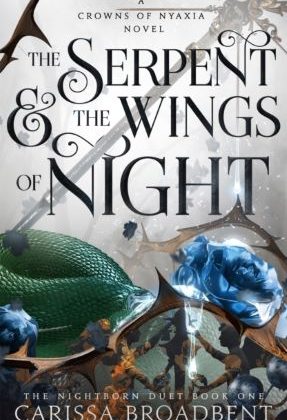
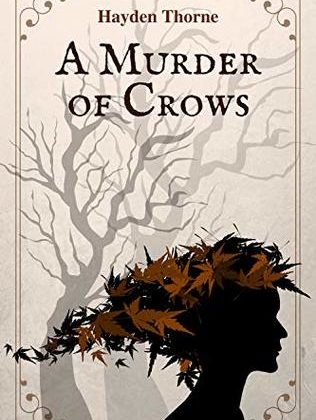
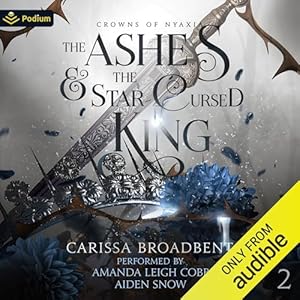
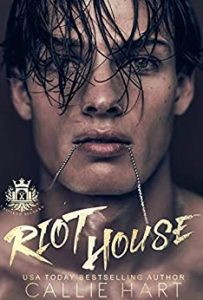
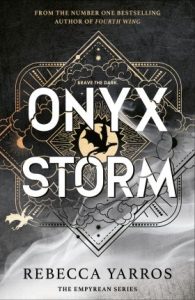
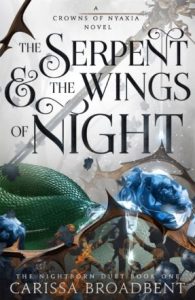
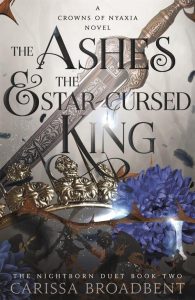
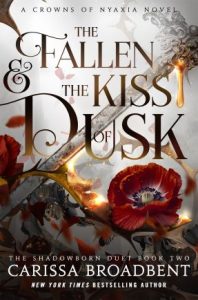
This is another book I’d buy and read based on the cover alone. It’s gorgeous.
I never read YA but I can tell this one would be interesting. It’s not often we see books with strong female leads and good world building.
Great review, Karen.
That cover is so beautiful. Yeah, I pretty much feel like I’m past my YA days but every now and then, pretty rarely, I’ll read one. I very much enjoyed the world and the message and the concept in this story, so glad I did pick it up.
Thanks, Cindi 🙂